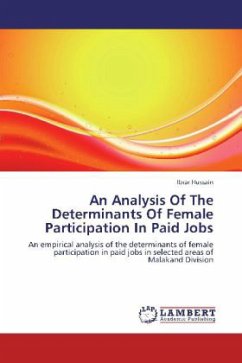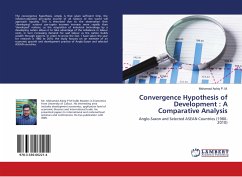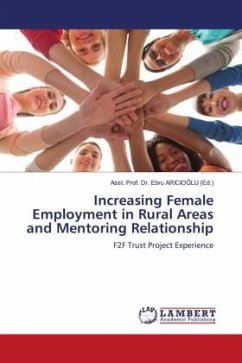Development of an economy depends on empowered women population. But till now we couldn't find much political participation from women in most of the nations. To have an idea that how empowered the women of a nation, we take help of two UNDP's measures; GDI and GEM. Both of these took women income from their workforce participation as a major component. This book tried to understand the factors behind the women workforce participation decision. Some factors are 'pushing' them towards labour force participation. Some are 'pulling' them into it. This book revealed that negative (push) factors are more prominent than the positive (pull) ones. Therefore, higher rate of workforce participation can not imply 'happiness' among women population. But with the higher value of workforce participation, income is more and GDI, GEM become more. It can lead to a paradoxical situation. This book tried to suggest some policy recommendations to solve this paradox. It tried to modify the formula ofGDI and GEM so that it could capture the situation of women population better.
Bitte wählen Sie Ihr Anliegen aus.
Rechnungen
Retourenschein anfordern
Bestellstatus
Storno








